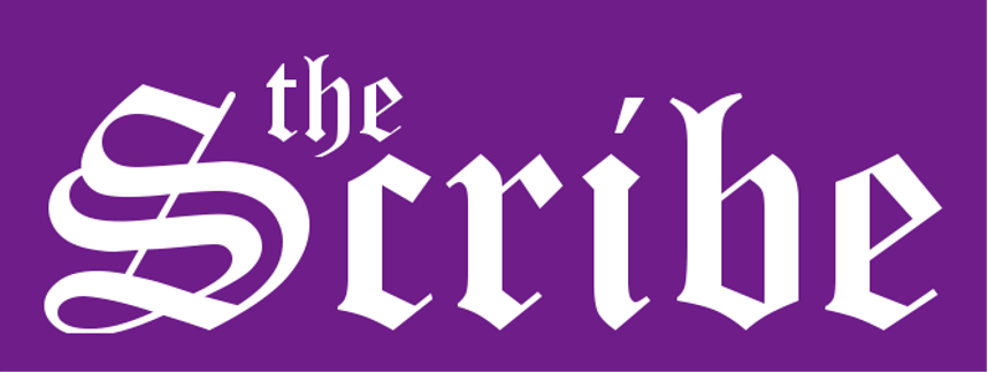On Thursday, April 8 during International Festival Week, Dean Tarek Sobh presented on the topic of Middle East. The event, which took place in the Arnold Bernard Center’s Tower room, attracted a core group of faculty and students that had particular interest in the recent revolutions across the Middle East and the presentation and consequential dialogue proved valuable for the 38 attendees.
The program began with an introductory talk on the Middle East, given by the moderator, Professor Abdel-shakour Abuzneid. Abuzneid briefly addressed all of the nations now facing revolutions and concluded that only two nations have remained thus far untouched by the spirit of revolution and protest: Qatar and UAE. Among these two, Abuzneid predicted foreseeable claims made by the majority of UAE residents to whom citizenship has been denied along with the rights given to citizens. Abuzneid introduced the group to the central emphasis that a lot has happened since Tunisia.
Dean Sobh followed with a comprehensive and thought-provoking discussion on the causes of these revolutions, their prospects and how American foreign policies should have acted, and how they could in the future. Sobh himself is a dual American-Egyptian citizen and spoke from the perspective of someone who has lived in the region for 20 years and who has traveled extensively throughout the nations of the Middle East.
“I honestly have never experienced anything like this in my life,” Sobh said.
He delivered a message with an analytic, curious and semi-optimistic viewpoint on the revolutions but maintained that the Middle Eastern nations had a long way to go in terms of reestablishing their institutions such as those of health and education and establishing a sustainable and holistic form of democracy.
Some others had not such optimistic viewpoints in regards to democracy in the Middle East, including the moderator, Abuzneid.
“We think of the two words of ‘the Middle East’ and ‘democracy’ as antonyms and some have referred to Middle Eastern democracy as kindergarten democracy; I tend to agree,” Abuzneid said. “Democracy may not work in the Middle East.”
Beyond issues of democracy, other critical issues were addressed including foreign policy, the role of women in revolution and development, economic disparity in Middle Eastern nations and the extinction of the middle class, tribalism vs. homogeneity and potential political administrations to come.
Closing remarks were given by the Dean of the International College, Thomas Ward, who expressed hope that this event may be the first of many such events on campus. A recent transfer student and Computer Science major, Ashraff Daffaalla, who originally is from Khartoum, Sudan shared his experience.
“The presentation was good. The fact that it gave an introduction about the whole area in general, and the areas that had or are having protests in particular,” Daffaalla said. “Also, they showed that the protesters are still on the street asking for freedom, justice, and honest government. In return, the governments are facing those protesters with armed security force and that is causing a lot of wounded and dead civilians.”
In addressing the audiences questions, Dean Sobh repeated several times that, although he does not think that any nation should necessarily get involved militarily (in Libya for example), the overall fear of the US of potential anti-American leaders rising in the region was without base. Middle Eastern protesters were not interested in US policy and were not interested in who might support them internationally: they were looking for social justice and freedom within their country. Although many seem wary at best in regards to the rapid spreading of these revolutions, the discussions Thursday evening lessened the fears and heightened the variety of perspective among UB faculty and students.
